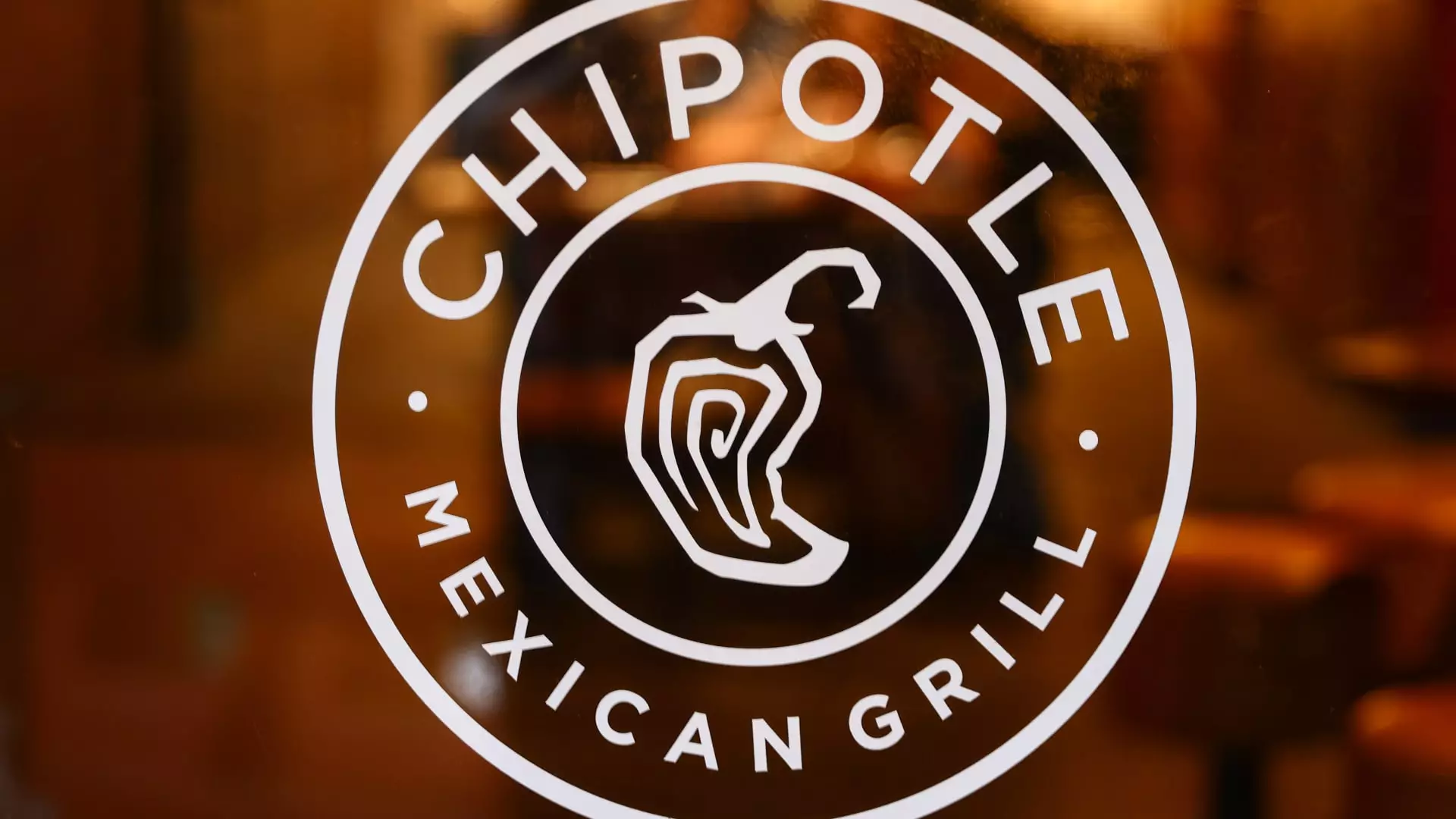Chipotle Mexican Grill, known for its fast-casual dining experience, is poised to embark on a daring venture in 2026 with its first restaurant opening in Mexico. This decision marks a pivotal moment in its international growth strategy, acknowledging the undeniable pull of a market that is not only ripe but also culturally aligned with its ingredients. The partnership with Alsea, a powerful player in the Latin American food service industry, underscores Chipotle’s ambition to penetrate deeper into foreign markets. However, this move comes with its own set of complexities, particularly in light of the ongoing political tensions between the U.S. and Mexico.
A Double-Edged Sword: Political Climate and Culinary Crossroads
The irony of Chipotle’s launch in Mexico during a trade war instigated by a former U.S. president cannot be understated. The culinary landscape in Mexico is rich and diverse, with local cuisines defined by centuries of tradition. Yet, the crux of Chipotle’s undertaking sits uncomfortably at the intersection of cultural appreciation and appropriation. While Americanized interpretations of Mexican food have historically struggled to gain traction in Mexico—case in point, Taco Bell’s failed expeditions—Chipotle seems hopeful that its emphasis on fresh ingredients and quick service will strike a chord. However, authenticity remains key; if the new venture fails to resonate with local tastes, the backlash could be severe.
Challenges Ahead: A Recipe for Success?
Despite the brand’s intentions to woo Mexican consumers with what it deems fresh and familiar, one must question whether the American chain will genuinely meet the expectations of a discerning audience that holds culinary tradition in high regard. Chipotle bolsters its offerings with a variety of ingredients, yet that very essence of ‘familiarity’ it hopes to leverage could easily become its Achilles’ heel. Does the average Mexican diner really seek out the burrito creation that has become synonymous with its U.S. counterpart? There needs to be a nuanced approach to ensure that the brand doesn’t clash with local sensibilities, or the venture could result in an embarrassing faux pas.
Strategic Insights: Beyond Borders
Interestingly, Chipotle’s venture isn’t just an isolated event; it reflects a broader trend among U.S. food brands seeking opportunities in foreign markets. With 58 locations in Canada and a budding presence in Europe, the company clearly aims to cultivate a globally recognized brand. Nonetheless, entering the Mexican market, often regarded as the birthplace of some of the world’s most beloved dishes, comes with heightened expectations and scrutiny. It is a bold move that could either catalyze further expansion or signify a misguided leap into uncharted waters.
In making its move, Chipotle will need to balance ambition with sensitivity, especially considering that food is deeply intertwined with national identity. If it can navigate this delicate equilibrium, it might not only thrive in Mexico but perhaps redefine what ‘Mexican’ dining can encompass on the global stage.

